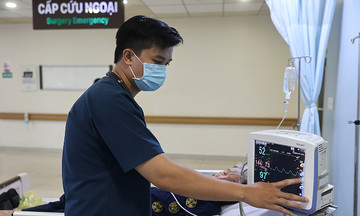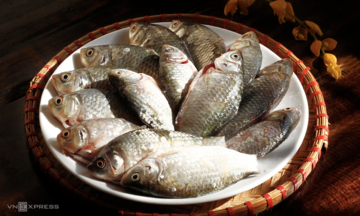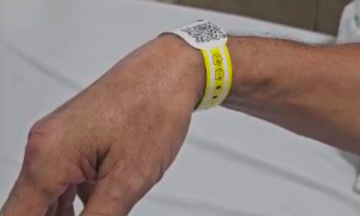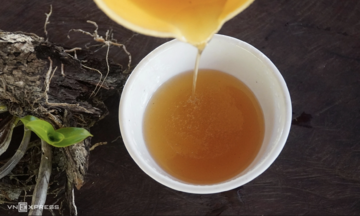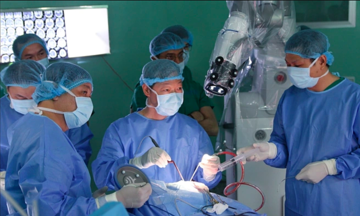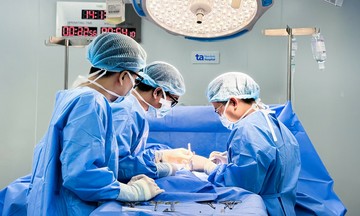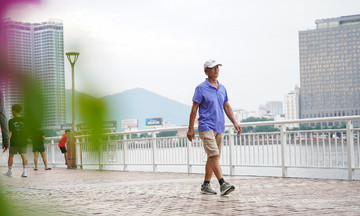Answer:
Proper nutrition after strabismus surgery can shorten recovery time and minimize complications. Your son's diet should be balanced and nutrient-rich to boost his immune system and promote tissue repair. Conversely, a poor diet or excessive consumption of inflammatory foods can hinder healing and increase the risk of swelling and infection.
In the post-operative phase, patients should limit foods that impede recovery. The first group to avoid is foods high in salt and sugar. Salty foods can cause water retention, increasing swelling around the eyes, while sweets and sugary drinks can delay wound healing.
Processed foods like sausages, canned goods, and instant noodles are high in salt, sugar, preservatives, and unhealthy fats, which can promote inflammation and hinder recovery. Patients should avoid fried foods high in oil and saturated fats, as well as processed sweets and french fries, as they can slow down the body's natural anti-inflammatory response. Spicy foods, alcohol, and stimulants are also on the list of foods to avoid, as they can cause watery eyes, dry eyes, and irritation.
 |
Doctor performing strabismus surgery on a child. Photo: *Tam Anh General Hospital* |
Consuming healthy, nutrient-rich foods can aid in faster eye recovery. Green leafy vegetables and fruits, especially spinach, broccoli, blueberries, and strawberries, are rich in antioxidants and vitamin C, which strengthen connective tissue. Protein-rich foods such as fish, lean meat, eggs, tofu, and yogurt support cell regeneration and wound healing. Probiotics from yogurt, kimchi, and naturally fermented pickles can balance gut bacteria and improve nutrient absorption, but avoid overly salty pickles. Patients should prioritize fresh, whole foods over processed ones to ensure optimal nutritional value.
Post-strabismus surgery patients should also pay attention to their daily lifestyle for a smooth recovery. Drink about 1.5-2 liters of water daily, prioritizing plain water, warm water, milk, or fresh fruit juice (without added sugar) to maintain eye moisture and support blood circulation.
Get enough sleep, avoid staying up late, manage stress, and limit screen time. Avoid strenuous activities or contact sports for at least 2-4 weeks after surgery. When outdoors, wear sunglasses to protect your eyes from dust, wind, sunlight, and other irritants. Avoid rubbing your eyes, exposure to smoke and dust, and excessive screen time. Maintain good eye and hand hygiene to prevent infection during the post-operative period.
MSc. Dr. Luong Thi Anh Thu
High-Tech Eye Center
*Tam Anh General Hospital*
| Readers can submit questions about eye diseases here for doctors to answer. |



